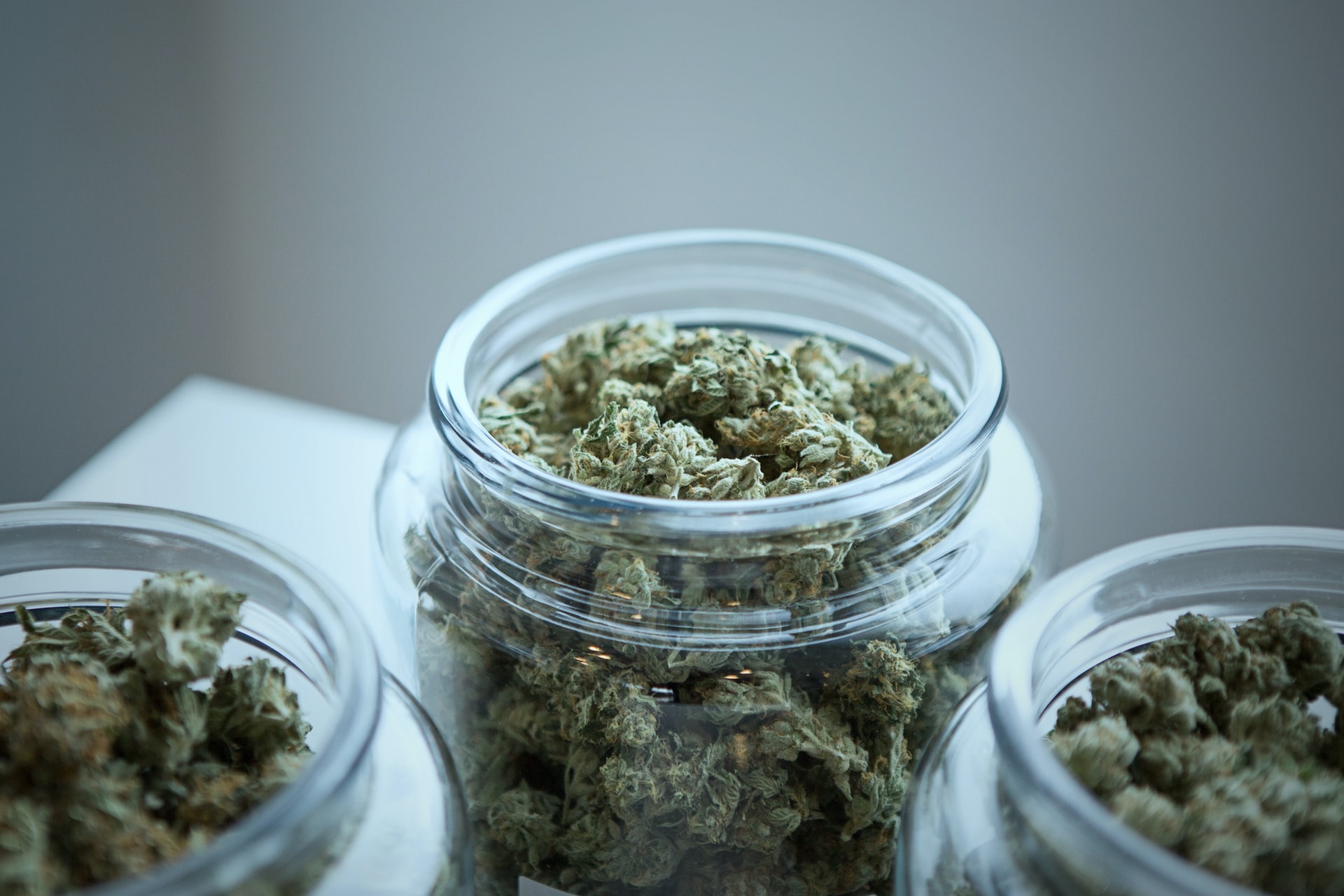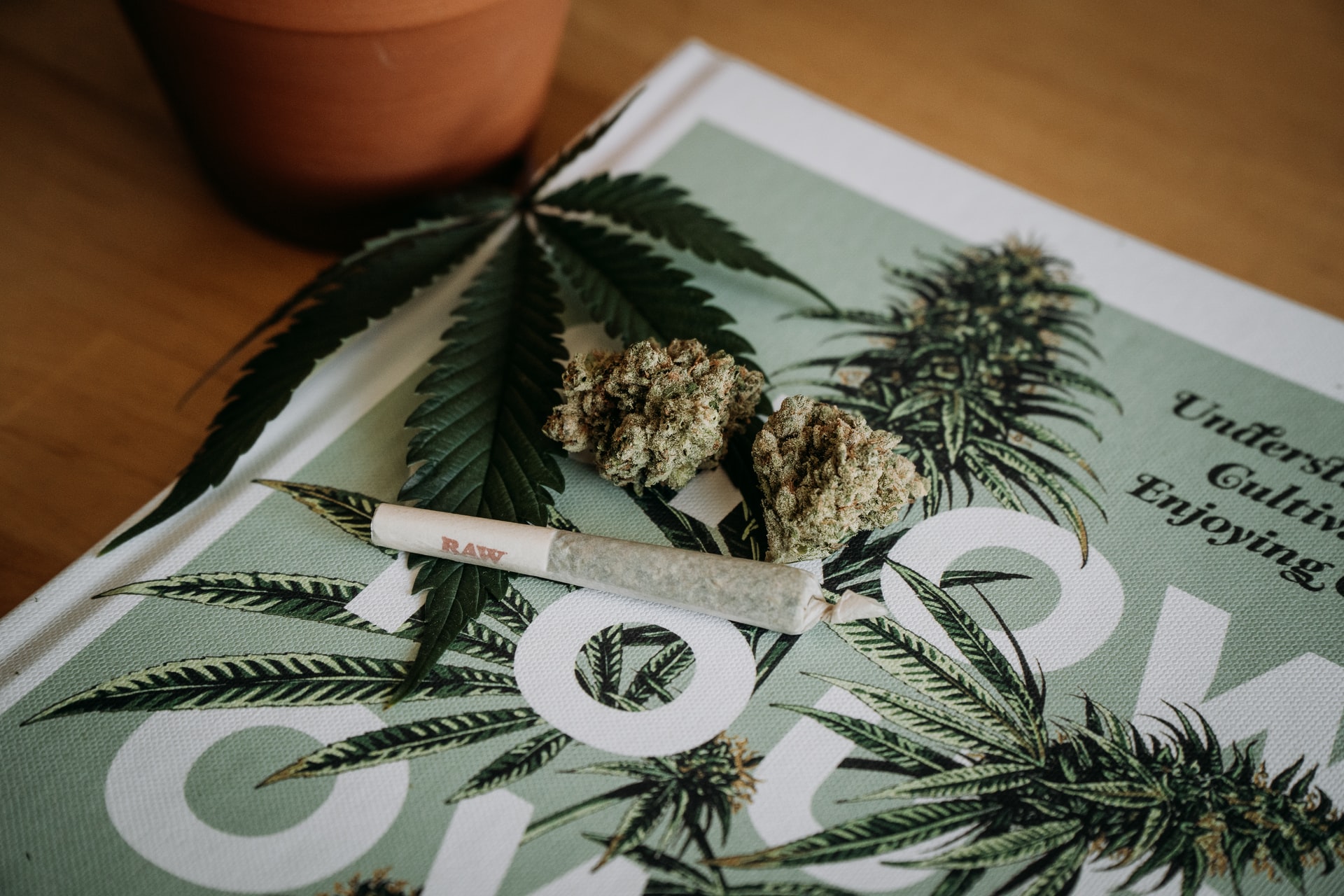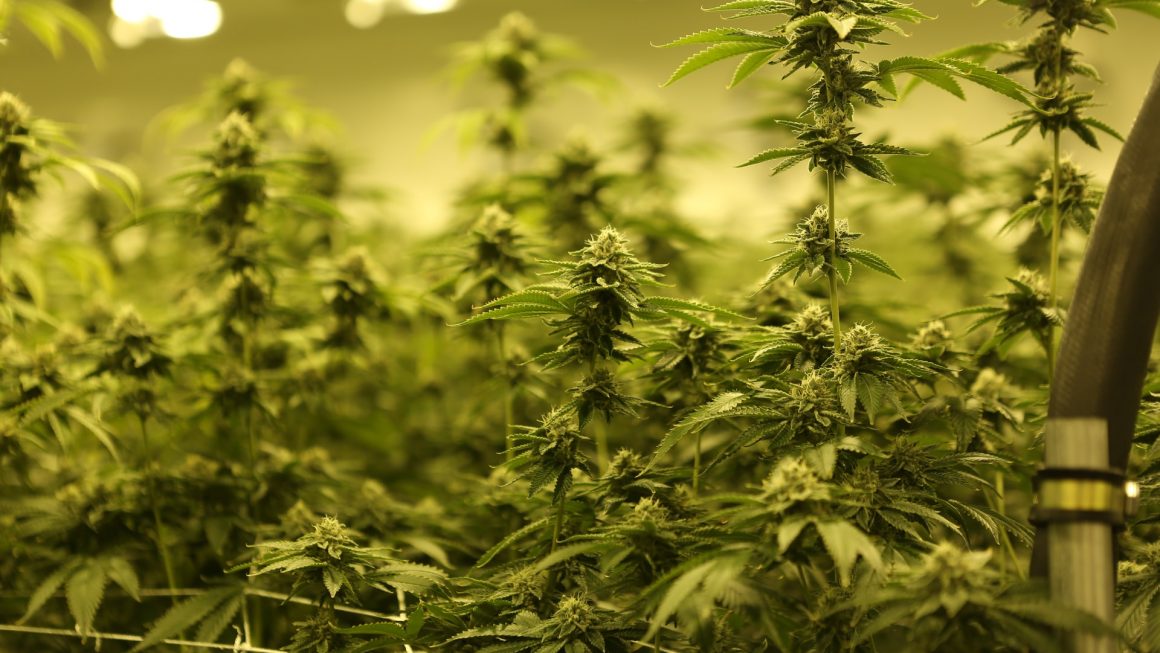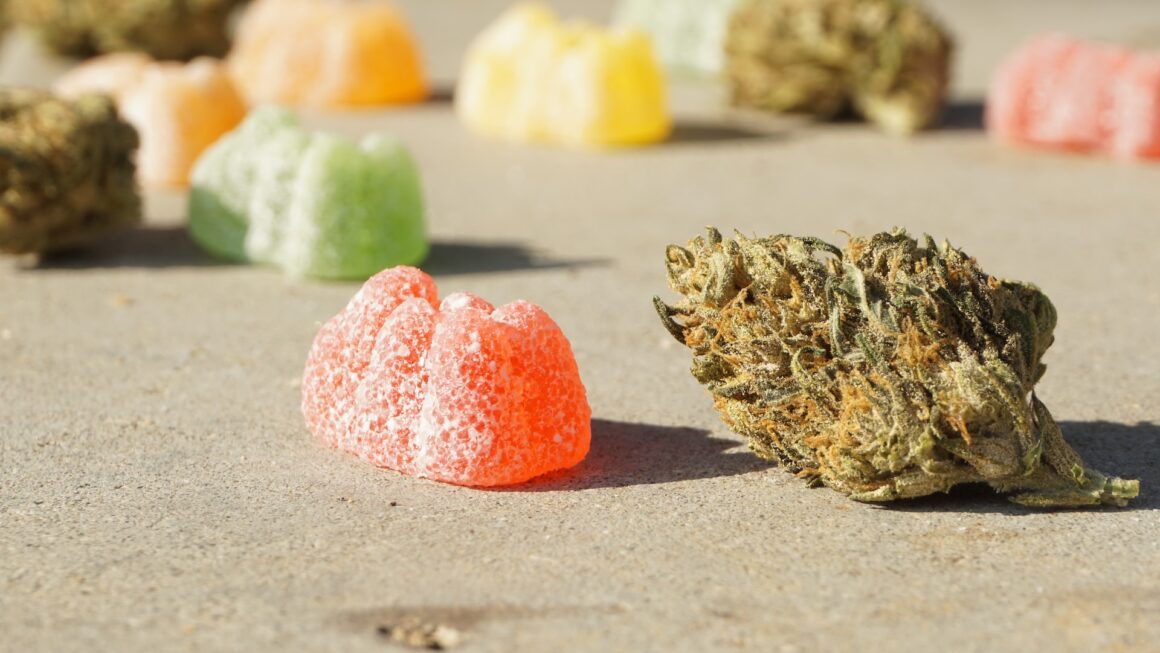Although we are only a few days into the New Year, one thing is certain: 2014 will go down in history as the year that marijuana began its formal nationwide journey toward legalization.
As you read this, queues have developed outside hundreds of marijuana outlets across Colorado, which, along with Washington, became the first states to legalize marijuana for online dispensary and recreational use on Wednesday. In these two states, smoking a joint is now legal indistinguishable from sipping a beer — with the exception of federal law, of course.
For those of you who have decided to participate in this landmark event, here is a list of nine things you should know before lighting up in Colorado, for better or worse.
1. Is it true that marijuana is legal in Colorado?
Yes and no are the answers to this question. In Colorado, it is now legal to buy, possess, and consume marijuana for recreational purposes under state law. All of these activities, however, are still unlawful under federal law since cannabis is still classified as a Schedule 1 substance (meaning that it has “no currently accepted medical use and a high potential for abuse”).
The good news is that the federal government is unlikely to interfere (at least for those of you who want to take advantage of this newfound liberty). The US Department of Justice issued the so-called Cole Memorandum (link opens PDF) in August, laying out eight “enforcement priorities” beyond which state and local law enforcement agencies will “handle marijuana enforcement under their respective narcotics statutes.”
As a result, as long as you don’t distribute it to minors, transport it across state lines, drive while intoxicated, possess it on federal property, or violate any of the other priorities outlined in the Cole memorandum, it seems safe to assume that abiding by Colorado’s laws (described below) will keep you out of trouble.
 2. Where can I buy marijuana in Colorado?
2. Where can I buy marijuana in Colorado?
Anyone over the age of 21 (with a valid government-issued picture identification) can buy marijuana from a licensed dispensary starting Jan. 1.
3. May you tell me where I can get it?
In Colorado, only licensed retail dispensaries are permitted to sell marijuana. But don’t worry; there are an increasing number of these popping up all around the state.
The Marijuana Enforcement Division, the state body in charge of regulating the sector, has awarded 136 recreational licenses to retail establishments across the state, according to current numbers.
Here is the official list of qualified retail locations (link opens PDF). A map of both medicinal and recreational dispensaries in Colorado may also be seen here.
4. How much money do you have?
This is dependent on whether or not you live in Colorado.
If you have a medical marijuana card, you can buy up to an ounce per visit for recreational use; holders of a medicinal marijuana card can buy up to two ounces every visit. If you aren’t, you’re only allowed a quarter ounce per visit.
Given the possibility of many visits in a single day, the more pressing question is how much you are allowed to legally hold. One ounce is the solution to this question.
5. What is the price of marijuana in Colorado?
As the new recreational regulations take effect around the turn of the year, this is likely to alter. If demand rises as expected, the price will almost certainly rise due to limited availability.
In any case, preliminary estimates imply that recreational marijuana will first sell for $50 to $60 per eighth ounce after taxes. Medical marijuana, on the other hand, will likely retail for a significant discount to recreational cannabis because it is not subject to the same additional excise and sales taxes.
6. Where do you think you’ll be able to smoke it?
Marijuana can be consumed on private property but not on public property, as a general rule. Beyond that, it is up to local governments to set consumption guidelines.
Marijuana can be used on private property in Denver, for example, as long as it is not done “openly or publicly.” This includes, among other things, public transportation, schools, sporting facilities, parks, playgrounds, walkways, and roadways.
7. Is it possible for you to cultivate it yourself?
Yes. Colorado adults over the age of 18 are allowed to have up to six plants in their homes. However, no more than three plants can be in blossom at any given time, and no more than 12 plants can be in a single residence, regardless of the number of people living there.
 8. What does Colorado stand to gain?
8. What does Colorado stand to gain?
In a nutshell, the answer is tax money. Colorado received $9.1 million in retail sales tax from the sale of medical marijuana in the most recent fiscal year. With the advent of recreational sales and a 25% increase in excise and sales taxes in 2014, this number is sure to rise.
Aside from that, the sector brings in millions of cash for the state each year in license and application fees. For example, to apply for and acquire a license to operate a medical marijuana clinic servicing more than 500 patients, the application and license costs alone can cost upwards of $40,000.
9. Where does all of the legal marijuana originate?
According to Colorado’s present rules, all marijuana sold in the state must also be cultivated there; this, as a side note, is comparable to the federal prohibition on interstate distribution of restricted narcotics. As a result, a burgeoning marijuana farming sector has sprung up all throughout the state.
While each operation is different in size, ranging from a few hundred to tens of thousands of square feet, the only thing they all have in common is that they are all growing. During a tour of his facilities, a local cannabis producer informed me, “We can’t grow the stuff fast enough to sell it.”
The erroneous bottom line
Whether you agree or disagree with Colorado and Washington’s choice to legalize the sale and consumption of marijuana for recreational purposes, one thing is clear: this movement is just getting started.




